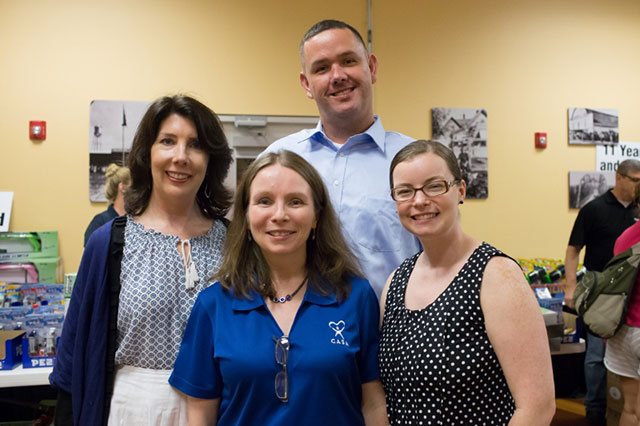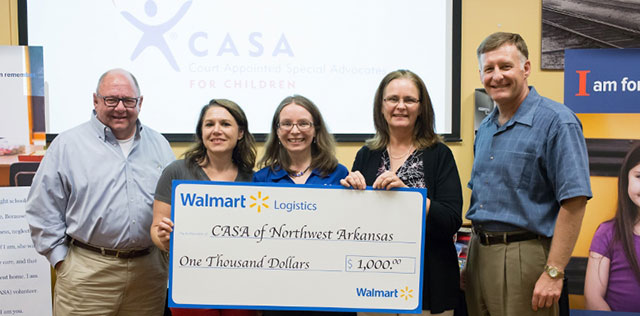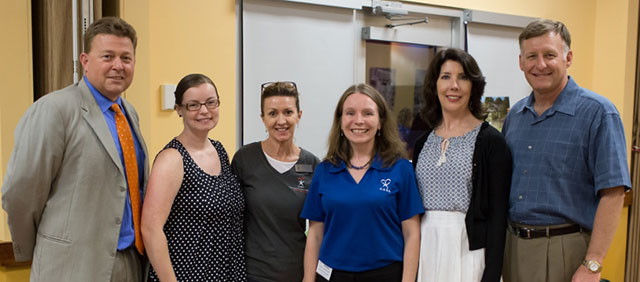Starting a new school year is a significant milestone for any student, but for those in foster care, it comes with unique challenges and opportunities. Whether it’s a new classroom, a new teacher, or a move to a new school, the experience of going back to school while in foster care can be a mix of excitement and worry. CASA volunteers can help make returning to school easier for their CASA kids and provide crucial support to help them succeed.

Understanding the Challenges
- Instability and Transitions For many young people in foster care, stability is a rare luxury. Multiple placements and changes in schools can be very common for children in foster care. Each new school means new teachers, new expectations, and new social groups.
- Emotional and Social Strain The emotional toll of being in foster care can affect a child’s ability to concentrate and engage in school activities. They might also struggle with issues of trust and self-esteem, which can impact their social interactions and academic performance.
- Educational Disruption Frequent moves can lead to gaps in education. Children may find themselves falling behind or struggling to keep up with others in their classes. Additionally, there are often challenges in making sure a child’s entire educational records travel with them from one school to another.
- Stigma and Confidentiality Young people in foster care might feel different from their peers or fear being singled out. Maintaining privacy about their foster care status while navigating the social dynamics of school can be challenging.
What Our CASA Volunteers Do To Help
- Advocate for Stability Work with caseworkers to ensure consistency in their assigned child’s education as much as possible. Minimizing school changes and advocating for necessary support when changes do occur can help the child thrive in school.
- Foster Open Communication Build a relationship and rapport with their assigned child so they feel comfortable talking about their school experience can be so helpful! CASA volunteers check in regularly with their youth to understand their needs and any challenges they’re facing.
- Collaborate with Schools Maintain open communication with school staff to create a network of support for their assigned child. Working with teachers and staff to make sure they are aware of the child’s background (as appropriate) will help make sure the child’s academic and emotional needs are met during school.
- Promote Involvement Encourage their assigned child to participate in extracurricular activities and social events! These can provide a sense of belonging and help build a supportive social network for them.
- Provide Emotional Support Be a consistent source of encouragement and understanding. Helping validate their assigned child’s feelings and experiences while offering reassurance and a listening ear will help them navigate the challenges of school.
- Be Record Keeper: Work with their supervisor and the child’s DHS case worker to build and maintain an accurate school record for their assigned child can be helpful when school changes occur.
Going back to school while in foster care is undoubtedly challenging but with the right support children can thrive academically and emotionally. By understanding the unique difficulties, they face and advocating for stability, our CASA volunteers help ensure the children on their cases have opportunities to succeed and feel supported in their educational journey.
To learn how you can help a child in foster care thrive in school, click here.
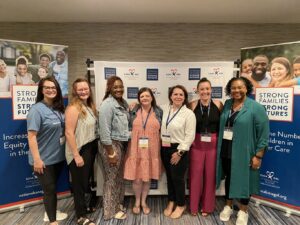 Futures.” provided participants with opportunities to dive in and learn about the tragic realities of living in foster care and why it is so vitally important to the well-being of the children we serve to support the whole family.
Futures.” provided participants with opportunities to dive in and learn about the tragic realities of living in foster care and why it is so vitally important to the well-being of the children we serve to support the whole family.


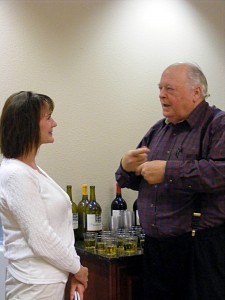

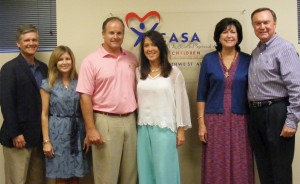
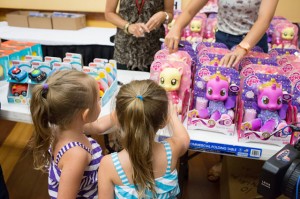 Lowell, AR | June 20, 2014 – More than 400 local foster children living in Benton, Washington, Madison and Carroll counties were gifted with brand new toys yesterday (June 19) during a fun-filled afternoon hosted by the
Lowell, AR | June 20, 2014 – More than 400 local foster children living in Benton, Washington, Madison and Carroll counties were gifted with brand new toys yesterday (June 19) during a fun-filled afternoon hosted by the 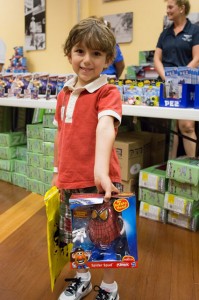 “Every child needs and deserves play, which is why we were so proud to make this event possible,” said Jean Butler, Executive Director of the Toy Industry Foundation. “The complex foster care and family court systems are confusing and frightening for foster children. By providing these kids with a toy to call their own, and a fun play experience like this, we are showing them that we are thinking about them, and that we care.”
“Every child needs and deserves play, which is why we were so proud to make this event possible,” said Jean Butler, Executive Director of the Toy Industry Foundation. “The complex foster care and family court systems are confusing and frightening for foster children. By providing these kids with a toy to call their own, and a fun play experience like this, we are showing them that we are thinking about them, and that we care.”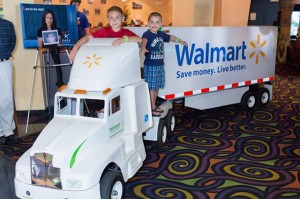 Today’s event was held as part of the joint
Today’s event was held as part of the joint  Gifts distributed at this event were generously donated to TIF’s Toy Bank by Funrise Toy Corporation, Hasbro, Mattel, Redman and Associates and Walmart. Special thanks to Fast Lane Entertainment Center for contributing the event venue and games, Walmart for generous logistical support and the photo booth and Funrise Toy Corporation for creating the bubble play area.
Gifts distributed at this event were generously donated to TIF’s Toy Bank by Funrise Toy Corporation, Hasbro, Mattel, Redman and Associates and Walmart. Special thanks to Fast Lane Entertainment Center for contributing the event venue and games, Walmart for generous logistical support and the photo booth and Funrise Toy Corporation for creating the bubble play area.